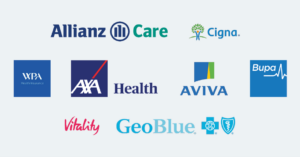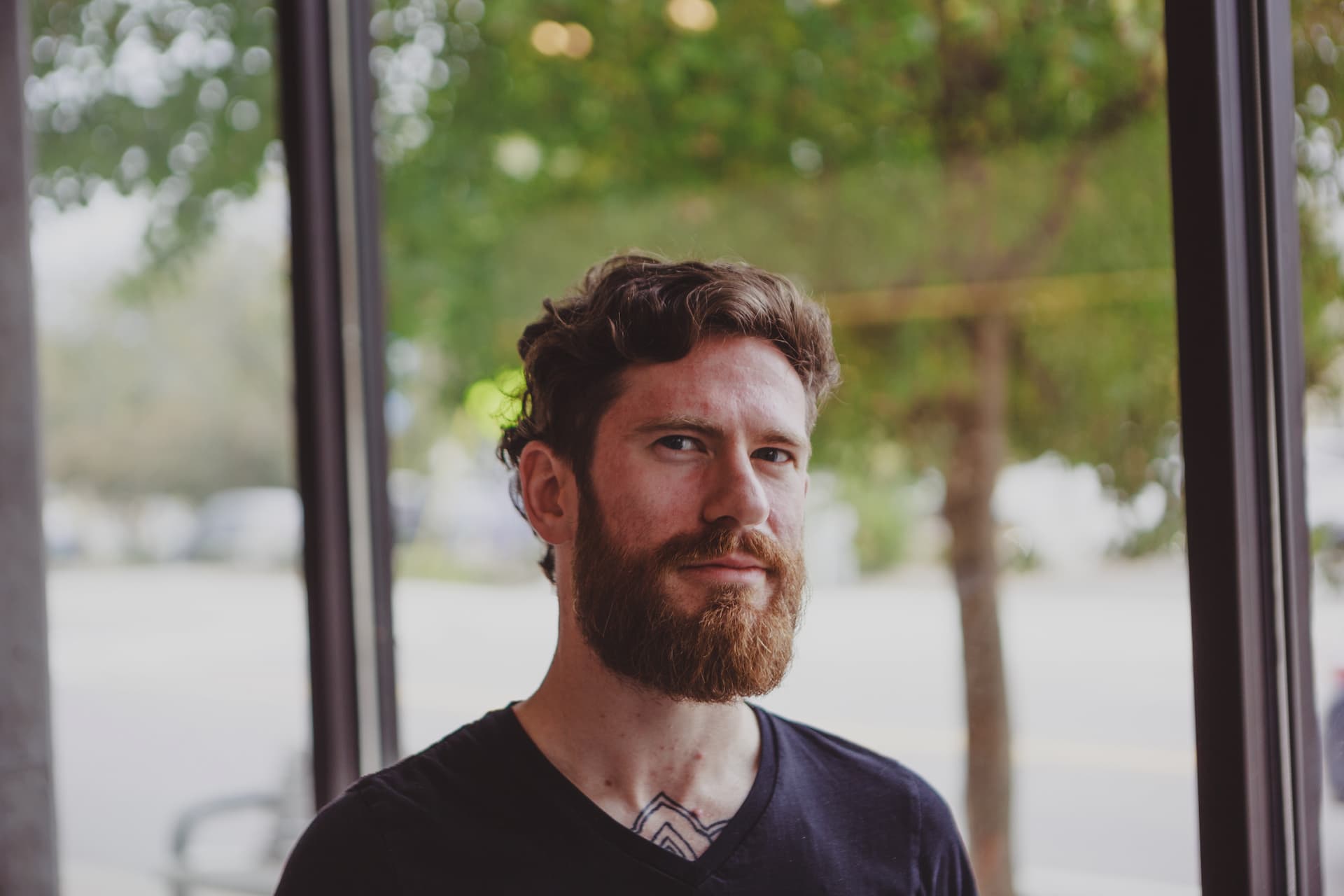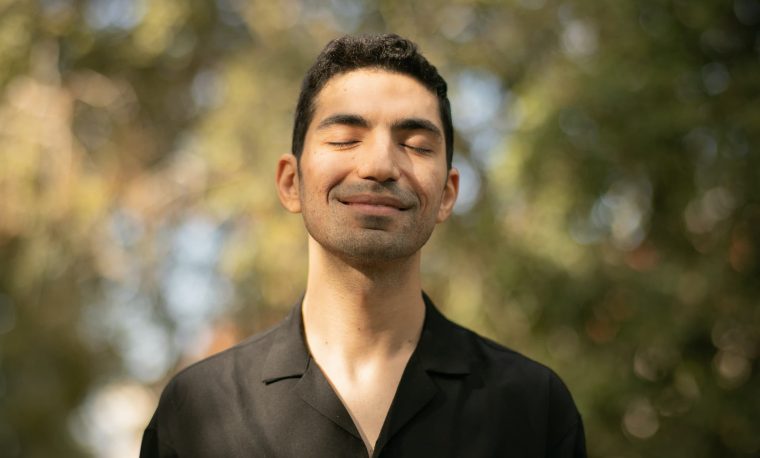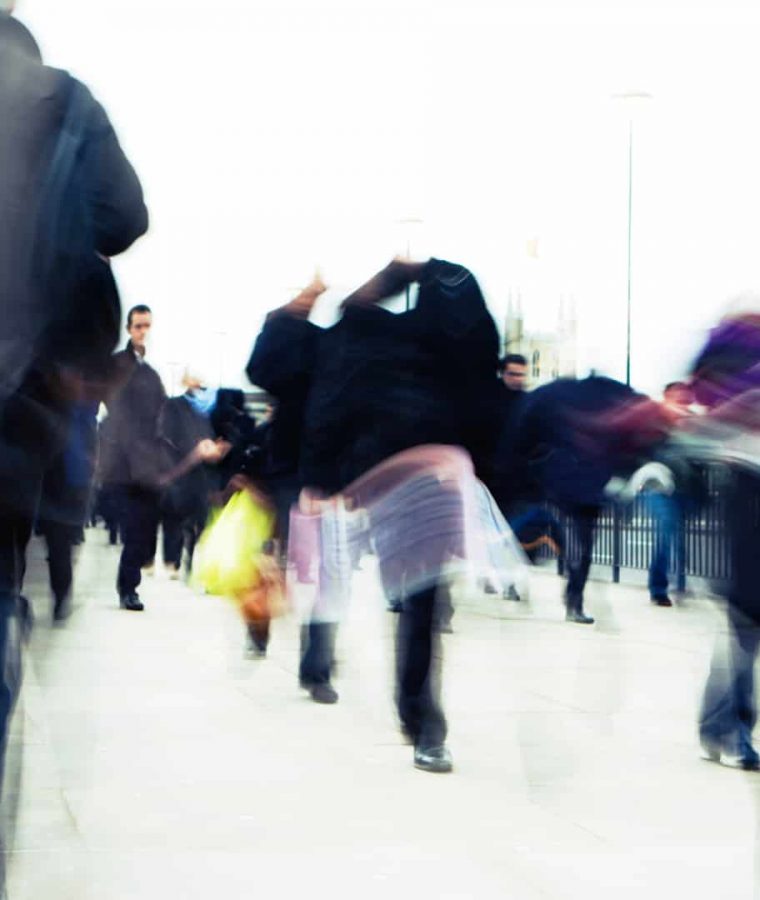Drug and alcohol detox
A drug and alcohol detox (or detoxification) is usually the first step taken in tackling addiction. We offer a medically-supervised detox to safely manage the symptoms of withdrawals and to prepare you to take the next step towards freedom from active addiction.
Drug and alcohol detox inclusions
We offer an inpatient drug and alcohol detox for patients who are experiencing substance dependency. The purpose of this medically supervised detox is to remove toxic substances from your body, whilst helping to manage withdrawal symptoms throughout this process.
A detox admission at Nightingale Hospital requires a minimum seven-night inpatient stay then patients can transfer to the 28-day addiction rehabilitation programme. Patients from 18 years plus can be admitted for detox and is suitable for those who have a dependency on alcohol or drugs (including amphetamine, benzodiazepine, cannabis, cocaine, codeine, ecstasy, heroin, ketamine, inhalant, opiates, and prescription drugs).
A detox may be the first step taken before engaging in an intensive rehab programme where you can start a therapeutic journey to begin addressing the underlying factors which led to your addiction. It is through this therapeutic work that you begin your recovery journey.
- Medically-assisted detox to safely manage the acute symptoms of withdrawal associated with early drug or alcohol abstinence, if required
- Medical assessment on admission
- 24/7 care from specialist nurses, doctors and therapists
- One to two psychoeducation groups per day
What can you expect from a drug and alcohol detox at Nightingale Hospital?
This detox will be undertaken on the specialist addiction ward at the hospital, under the care of a Nightingale Hospital consultant psychiatrist. Here, you will receive 24-hour care from specialist nurses, doctors and therapists who are experienced in safely supporting patients withdrawing from substances. To help manage any withdrawal symptoms, you may be given appropriately controlled medication throughout this detox.
Once stabilised through the detox process, you will have the option to participate in therapeutic group sessions with a supportive peer group.
All inpatients on the addiction treatment programme agree to random alcohol and drug tests alongside other treatment guidelines. These guidelines are implemented with the sole intention of keeping all patients and hospital staff safe.
Free telephone consultation
We offer a free telephone consultation to determine if addiction treatment would be right for you, or a loved one. Complete the form below and an addiction specialist will be in touch to arrange a telephone appointment.
Book your consultation
Additional support for addiction at Nightingale Hospital
Addiction treatment at Nightingale Hospital is underpinned by an integrative approach combining motivational interviewing, cognitive behavioural therapy, interpersonal group therapy, experiential therapy and 12-step facilitation. We place a strong emphasis on relapse prevention, psychoeducation, group therapy, the implementation of positive coping strategies and family involvement in treatment. In addition to this, a key part of our comprehensive assessment is the identification of significant traumas that have played a role in causing or maintaining addictive behaviours. Our addiction treatment is based on a comprehensive therapeutic framework of biopsychosocial care with the support of some of the UK’s leading addiction specialists. All our addiction treatment offerings are based on current clinical evidence and in line with the National Institute for Health and Care Excellence (NICE) guidelines.
Addiction treatment can be provided via three different streams:
- Inpatient treatment
- Day patient treatment
- Outpatient 1:1 treatment
Inpatient alcohol addiction treatment
Our inpatient addiction programmes are designed to provide you with a ‘circuit breaker’ which supports you with the tools to create long-lasting change and recovery. Our addiction therapists and consultant psychiatrists specialising in addiction will go through the options with you and provide a treatment plan tailored to your specific needs, circumstances, and history.
These page below provides an overview of each of the 28-day addiction treatment programme, an example therapy timetable to understand what your day-to-day might look like and introduce you to the team who will be supporting you.
Download the programme brochure
You can view a copy of the programme brochure by completing the form below.
Through therapy, education on addiction and alternative approaches we aim to give you the knowledge and coping skills for living without the aid of addictive substances or behaviours. The addiction treatment programme also has a strong focus on relapse prevention and offers an introduction to fellowship groups such as AA (Alcoholics Anonymous), NA (Narcotics Anonymous), CA (Cocaine Anonymous), MA (Marijuana Anonymous) and GA (Gamblers Anonymous) which are incredibly powerful groups for long-term recovery.
Day patient and outpatient alcohol addiction treatment
We understand that addiction recovery is a daily decision which is why we provide support beyond just an inpatient setting. Our day therapy programme and outpatient 1:1 therapy may be accessed without accessing inpatient treatment but in many cases, individuals will access these services after first completing the 28-day addiction treatment rehabilitation programme or 7-10-day detox.
Funding treatment
The cost of treatment varies according to the type of treatment and programme that you and your specialist decide is the best option for you. Outpatient appointments, day therapy, and inpatient treatments can be self-funded or paid for through private medical insurance.
Nightingale Hospital is accredited by all major private medical health insurers and works with many different medical insurance and medical assistance companies from all over the world.

In addition, the hospital accepts patients funded by embassies, corporate organisations, management companies, and other third parties.
FAQs
- Addiction is a complex condition, characterised by an uncontrollable urge to use a particular substance (drugs or alcohol), or engage in a behaviour (gambling, technology, sex and love), despite many harmful consequences. When someone develops an addiction to a substance or a behaviour, use will overstimulate the reward pathways in the brain resulting in pleasure. Use of the substance and behaviour can be used as a coping mechanism to avoid unpleasant feelings, thoughts or emotions. Over time, the brain function of self-regulation is diminished and control becomes almost impossible, resulting in an addiction. An addiction can rapidly impact an individual’s mental and physical health, relationships, and finances and cause social and legal problems. Professional addiction treatment is shown to be the most effective way to tackle addiction and support the individual in long-term recovery.
- The length of time that substances stay within the body depends on several factors. These include the type of substance, amount and frequency of use, the presence of other substances in your body, as well as tolerance, metabolism, body mass and other genetic factors.
The below figures can be used as a general guide:
- Alcohol: 3-5 days in urine, 10-12 hours in blood
- Amphetamines: 1-3 days in urine and around 12 hours in blood
- Barbiturates: 2-4 days in urine and 1-2 days in blood
- Benzodiazepines: 3-6 weeks in urine and 2-3 days in blood
- Cannabis: 7-30 days in urine and up to 2 weeks in blood
- Cocaine: 3-4 days in urine and 1-2 days in blood
- Codeine: 1 day in urine and up to 12 hours in blood
- Heroin: 3-4 days in urine and up to 12 hours in blood
- Ketamine: Up to 14 days in urine and up to 3 days in blood
- LSD: 1-3 days in urine and up to 2-3 hours in blood
- MDMA (ecstasy): 3-4 days in urine and 1-2 days in blood
- Methamphetamine (crystal meth): 3-6 days in urine and 24 – 72 hours in blood
- Methadone: 3-4 days in urine and 24-36 hours in blood
- Morphine: 2-3 days in urine and 6-8 hours in blood
- If you have developed a substance dependency there could be physical and mental withdrawal symptoms if you try and abstain without support.
This can be an uncomfortable process, which can include various symptoms as the body begins to adjust to change. Factors influencing these symptoms can vary depending on the length of use, and the type of substance (including the type of drug).
- Changes in mood and appetite
- Fatigue
- Irritability
- Muscle pain
- Nausea
- Tremors
- Vomiting
- Sleep difficulties
- Sweating
- The terms addiction and dependency are often used interchangeably, but they refer to different aspects of substance use. Addiction encompasses a broad pattern of compulsive behaviour, an inability to control substance use despite negative consequences and psychological dependence, while dependency refers specifically to the body's adaptation to a substance, leading to tolerance and withdrawal symptoms when the substance is discontinued or reduced.
- Our hospital is located within a beautiful and historic English site, dating back to 1902. Each patient has their own room with a television and all rooms are equipped with an ensuite toilet and shower or bath. The hospital’s restaurant is open for breakfast, lunch and dinner daily. It offers an extensive daily menu. Vegetarian and vegan options are available, and any specific dietary or religious requirements can be catered for. Exercise is an integral part of overall health. Nightingale Hospital offers a gymnasium for patient use when an individual is not participating in group therapy programmes. A personal trainer employed by the hospital will offer patients an initial assessment, and then tailor an exercise programme for them based on their fitness level and goals. This is a free service. We have the convenience of an on-site pharmacy, located on the ground floor of the hospital. This is led by a team of pharmacists who specialise in mental health medication and who can offer expert advice. All patients can access this service.
Next steps
All addiction treatment at Nightingale Hospital begins with a consultation with one of our addictions therapists or a consultant psychiatrist specialising in addiction.
Free telephone consultation
We offer a free telephone consultation to determine if addiction treatment would be right for you, or a loved one. Complete the form below and an addiction specialist will be in touch to arrange a telephone appointment.









